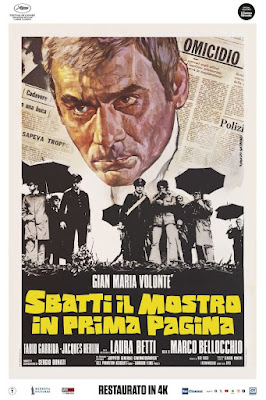Orson Welles’ delightfully irreverent, discursive and playful film F for Fake – through its impish and exuberant celebration of fakery, chicanery and double bluffs – was one final act of wily chutzpah by the man who loved subverting boundaries. Conjoined with Abbas Kiarostami’s late-career masterpiece Certified Copy in their shared admiration for fakes and teasing questions on authenticity, while ironically being ravishingly original works themselves, it operated in the intersection of documentary, essay and hybrid – as it often blurred the lines separating non-fiction from fiction. It primarily focused on two fascinating charlatans who drew Welles to this film in the first place (François Reichenbach had initially planned to direct it, but happily became its producer instead). On one hand there was Elmyr de Hory, a master art forger who fooled renowned art galleries with his fakes thanks to his insouciance and brilliance; now retired, he’s settled at Ibiza where he regales his guests with wry anecdotes. Joining him was Clifford Irving, de Hory’s biographer, who then insolently walked in his subject’s footsteps by writing a fake “authorized autobiography” of Howard Hughes. Along with his infectious portraits on the two men – who he treated with undisguised fondness as fellow journeymen – Welles freely deployed the canvas for musings on how art, like magic, is an amalgamation of truth, lies, illusions and sleight of hand, and then proceeded to self-deprecatory reflections on his own journey as an artist – using false identities and fake stories, and even fictionalizing Howard Hughes in Citizen Kane – and, in arguably its most irresistible sections, amusing meditations and “stories” on Picasso. Captivatingly shot in grainy colours, it extensively featured his muse Oja Kodar in a series of sultry, shape-shifting personas.
Director: Orson Welles
Genre: Documentary/Essay Film/Social Satire
Language: English
Country: France







































